Rafael Soldi: Soft Boy
Seattle artist Rafael Soldi (born 1987, Lima, Peru) uses photographic media to examine the intersection of individual identity with larger political and social themes such as immigration, memory, and loss. Drawing on Soldi’s experience as a queer youth in Peru, the three projects presented here focus on the construction of masculinity in Latin American society.
The central video installation, Soft Boy (2023), follows a group of uniformed adolescents as they perform a series of violent, yet intimate rituals based on the artist’s memories of attending an all-boys Catholic school. The video expands on the print series CARGAMONTÓN (2022), which depicts a pile-on form of hazing that hovers in Soldi's recollection between bullying and homoerotic self-discovery. The artist translates pixelated found footage of the practice into a sequence of large-scale etchings, evoking obscure memory and an ambiguous mix of pain and pleasure.
Moments of fluidity and dissonance also animate the handwritten text installation mouth to mouth (2023), which presents Spanish-English word pairings that reveal gendered power structures built into language. For the artist, probing states of in-betweenness—especially as it occurs across tongues—provides nuanced insight into immigrant identity while also offering a rich metaphor for queer experience.
Rafael Soldi: Soft Boy is organized by Amanda Donnan, Chief Curator and Director of Exhibitions, with Alexis L. Silva, Curatorial Assistant.
Lead support for this exhibition provided by Stuart and Lucy Williams. Generous support also provided by the Frye Foundation and Frye Members. Media sponsorship provided by The Stranger.
The artist thanks 4Culture, the Andy Warhol Foundation for the Visual Arts, and Northwest Film Forum for their support of Niño Blando.
Rafael Soldi: Niño Blando
El artista Rafael Soldi —residente en Seattle, aunque nacido en Lima, Perú, en 1987— analiza, a través de diversos medios fotográficos, la intersección entre la identidad individual y cuestiones sociopolíticas de mayor envergadura, como la inmigración, la memoria y la pérdida. Valiéndose de las experiencias que Soldi debió vivir al crecer en Perú siendo queer, los tres proyectos presentados aquí ponen el foco en cómo se construye la masculinidad en la sociedad latinoamericana.
La videoinstalación central, titulada Niño Blando (2023), hace un seguimiento a un grupo de colegiales mientras realizan una serie de rituales —a la vez violentos e íntimos— inspirados en recuerdos de los años que el artista pasó en una escuela católica para varones. El video funciona como una ampliación de la serie de heliograbados CARGAMONTÓN (2022), en la que Soldi representa una forma de novatada que, según recuerda, oscilaba entre el bullying y el autodescubrimiento homoerótico. Para ello, el artista traduce imágenes pixeladas de dicha práctica a una secuencia de aguafuertes a gran escala, que evocan vagos recuerdos, así como una ambigua mezcla entre dolor y placer.
Esos momentos de fluidez y disonancia también se hacen patentes en boca a boca (2023), una instalación de textos manuscritos en la que el emparejamiento de palabras en español e inglés revela estructuras de poder relativas al género enquistadas en el lenguaje. Para el artista, indagar estados intersticios —en particular si son, además, interlingüísticos— no solo permite comprender mejor las sutilezas que hacen a la identidad de los inmigrantes, sino que ofrece un campo metafórico fértil para transmitir la experiencia queer.
Rafael Soldi: Niño Blando está organizada por Amanda Donnan, curadora principal y directora de exposiciones, con Alexis L. Silva, asistente de curaduría.
Stuart y Lucy Williams brindaron el apoyo principal para esta exposición. The Frye Foundation y los miembros de Frye también ofrecieron su generoso apoyo. The Stranger proporcionó el patrocinio mediático.
El artista agradece a 4Culture, The Andy Warhol Foundation for the Visual Arts, MacDowell y Northwest Film Forum por su apoyo a Niño Blando.

